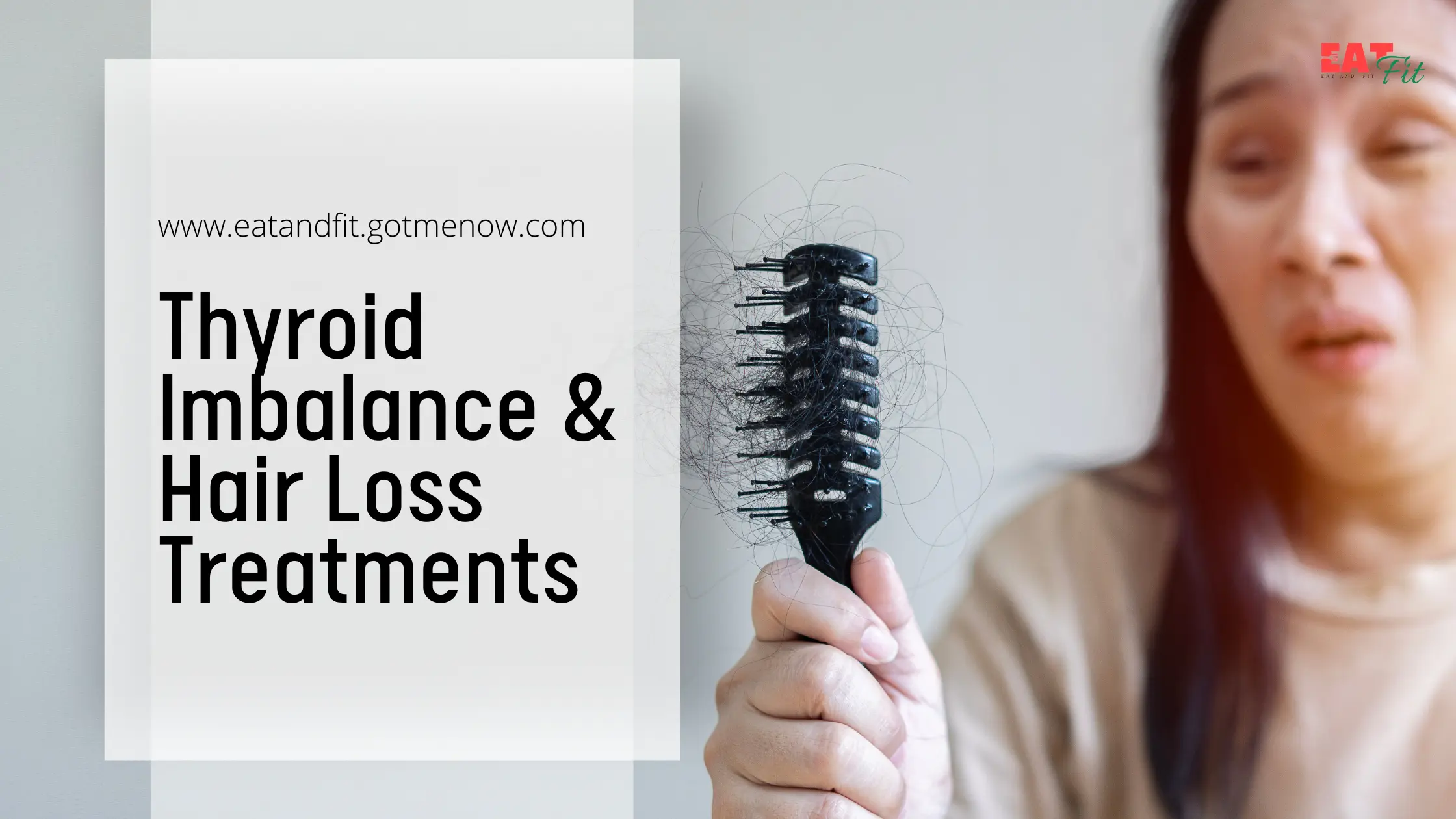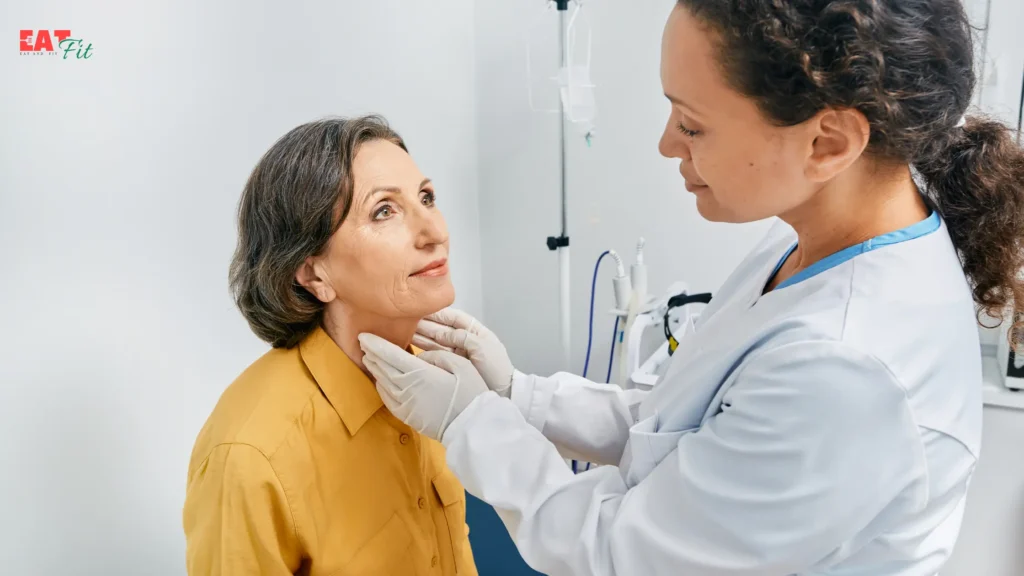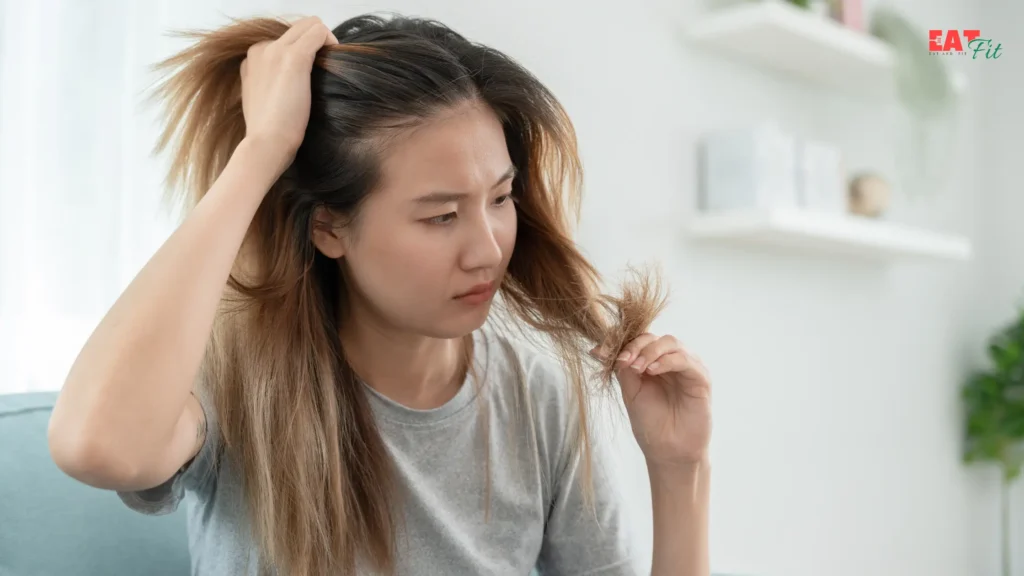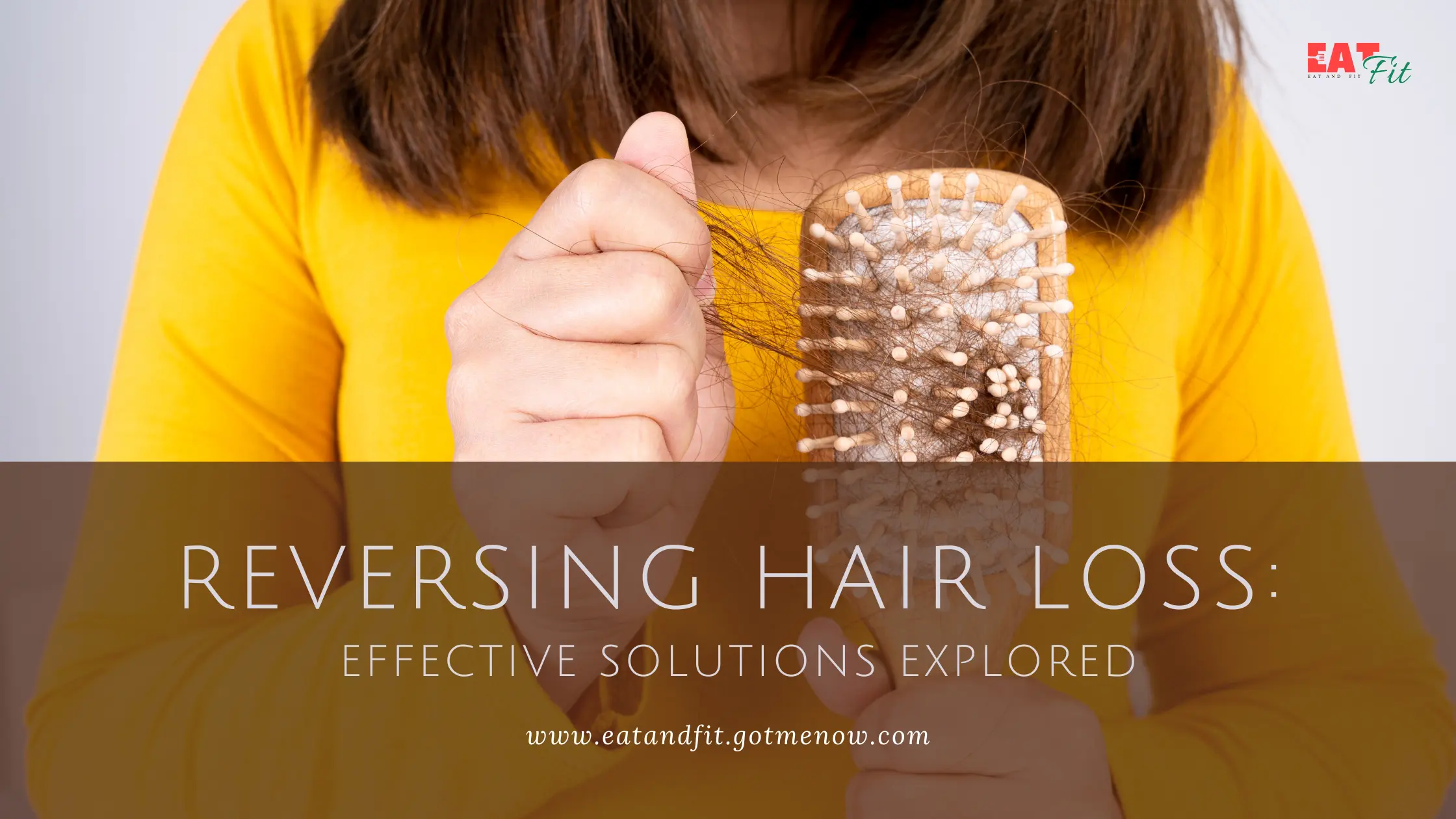Understanding Thyroid Imbalance and Effective Hair Loss Treatments

Introduction
Thyroid imbalance is a common but often misunderstood condition that affects millions of people worldwide. Among its various symptoms, hair loss stands out as a significant concern for many individuals. Understanding the relationship between thyroid function and hair loss is crucial for effective treatment and management. In this blog, we delve into the complexities of thyroid disorders, and their impact on hair health, and explore proven treatments to address hair loss associated with thyroid issues.
Understanding Thyroid Imbalance
The thyroid gland plays a vital role in regulating metabolism, energy levels, and overall body function. When this gland malfunctions, it can lead to either an overactive thyroid (hyperthyroidism) or an underactive thyroid (hypothyroidism). Both conditions can disrupt the body’s equilibrium, resulting in a range of symptoms, including fatigue, weight changes, and hair loss.

Thyroid imbalance refers to disruptions in the normal functioning of the thyroid gland, which can result in either overactivity (hyperthyroidism) or underactivity (hypothyroidism). This small, butterfly-shaped gland in the neck produces hormones essential for regulating metabolism, energy levels, and numerous bodily functions. When the thyroid gland malfunctions, it can lead to a range of symptoms, including fatigue, weight changes, mood swings, and hair loss. Effective management typically involves medication, lifestyle adjustments, and regular monitoring by healthcare professionals to restore thyroid hormone levels and alleviate symptoms.
Hair Loss and Thyroid Dysfunction
Hair growth is a complex process influenced by various factors, including hormones. Thyroid hormones, particularly thyroxine (T4) and triiodothyronine (T3), play a crucial role in maintaining the hair growth cycle. When thyroid function is impaired, it can disrupt this cycle, leading to hair thinning, shedding, or even baldness.
Unveiling the Best Home Remedies for Female Hair Loss Treatment
In hypothyroidism, where the thyroid gland is underactive, hair loss is often diffuse and can occur across the scalp. The hair may become brittle, dry, and slow to regrow. Conversely, hyperthyroidism, characterized by an overactive thyroid gland, can accelerate the hair growth cycle, leading to excessive shedding or hair loss.
Effective Hair Loss Treatments for Thyroid Disorders
Managing hair loss associated with thyroid disorders involves addressing the underlying thyroid imbalance while also implementing targeted treatments to promote hair growth and health. Here are some effective strategies:

- Thyroid Medication: For individuals with hypothyroidism, thyroid hormone replacement therapy can help restore hormone levels to normal, thereby improving hair growth and reducing hair loss over time.
- Nutritional Supplements: Certain vitamins and minerals, such as iron, zinc, and biotin, are essential for healthy hair growth. Supplementing with these nutrients, either through diet or supplements, can support hair follicle function and combat hair loss associated with thyroid disorders.
- Topical Treatments: Minoxidil, a topical solution approved by the FDA for treating hair loss, can be effective in stimulating hair growth in individuals with thyroid-related alopecia. Additionally, topical corticosteroids may help reduce inflammation and promote hair regrowth in specific cases.
- Lifestyle Modifications: Adopting a healthy lifestyle that includes regular exercise, stress management techniques, and a balanced diet can support overall thyroid health and contribute to optimal hair growth.
- Consultation with Healthcare Professionals: It’s essential for individuals experiencing hair loss due to thyroid disorders to consult with healthcare professionals, including endocrinologists and dermatologists, for personalized treatment recommendations and monitoring.
Conclusion
Hair loss associated with thyroid disorders can be distressing, but with the right approach, it is manageable. By understanding the underlying thyroid imbalance and implementing targeted treatments, individuals can effectively address hair loss and promote healthier hair growth. Remember, seeking professional guidance is key to developing a comprehensive treatment plan tailored to your specific needs. With proper care and treatment, you can regain confidence in your hair and overall well-being.








